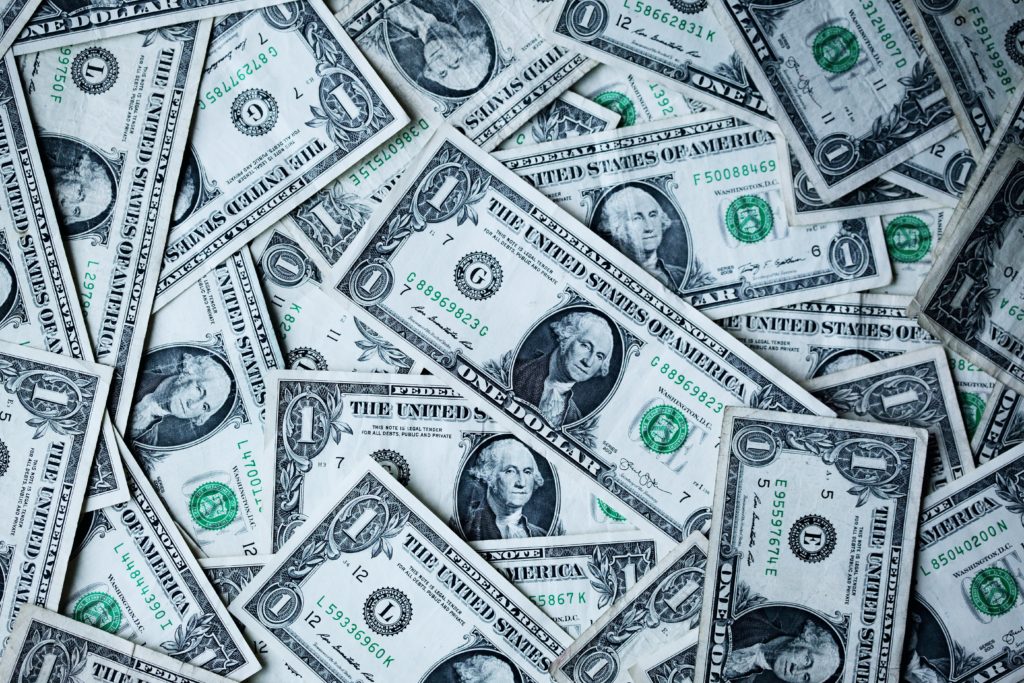President Biden and Senate Democratic leadership continue to grapple over whether a standalone minimum wage bill can be passed as part of a budget resolution package for Covid relief. Proponents of the Raise the Wage Act, championed by Sen. Bernie Sanders, continue to press on, offering additional arguments to get more votes on board and make their case for allowing it to be passed as part of the budget bill.
Previously, we debunked the claim that minimum wage raises reduce government spending on social assistance programs like Medicaid and unemployment compensation. In fact, the Congressional Budget Office found the current $15 minimum wage proposal would increase government spending in these areas, as a result of leaving 1.4 million more people without a job.
Now, Democratic leaders are reportedly trying to sweeten the deal by adding small-business tax relief to the bill to balance out the wage hike. Senators Joe Manchin (D-WV) and Kyrsten Sinema (D-AZ), two key Democrat votes, have announced their opposition to cloaking a $15 minimum wage as pandemic relief, which would stymie efforts to pass the minimum wage, even if it is deemed appropriate to include in the budget bill.
But these and other lawmakers should be warned: temporary tax relief will not offset permanent and annually increasing wage changes.
In 2009, the federal minimum wage increase was paired with $4.8 billion in tax relief, designed to ease the burden of what was then a 40% hike in the minimum wage floor. Currently, the proposed hike to $15 represents more than double the impact — a 107% increase in the federal minimum wage, and over 600% increase in the tipped wage.
Unfortunately for employees at small businesses in 2009, economists Jeffrey Clemens and Michael Wither found that workers targeted for an increase actually lost $100 in pay from the government-mandated pay raise, as a consequence of the negative employment effects.
On net, minimum wage increases in the late 2000s cost 1.4 million workers their jobs — worsening the impacts of the great recession, summarized here:
“Our best estimate is that these minimum wage increases reduced the employment of working-age adults by 0.7 percentage points. This accounts for 14% of the employment rate’s total decline over this time period and amounts to 1.4 million workers. A disproportionate 45% of the affected workers were young adults (aged 15 to 24).
…Targeted workers’ average incomes fell by an average of $100 over the first year and by an additional $50 over the following two years. While surprising at first glance, we show that the short-run estimate follows directly from our estimated effects on employment and the likelihood of working without pay. The medium-run estimate reflects additional contributions from lost wage growth associated with lost experience and training.”
Today’s economic environment is fraught with struggles and slow recovery related to the coronavirus pandemic. The current minimum wage proposal is also more than double the previous increase, along an aggressive phase-in timeline. After $15 is reached in 2025, the bill seeks to continue annual increases, according to an index of median wage growth.
The devastating impact of this policy in such a tenuous economic environment is well understood: Temporary or fleeting tax relief does not offset a drastic mandate that, according to the nonpartisan Congressional Budget Office, will leave over a million Americans without jobs.

